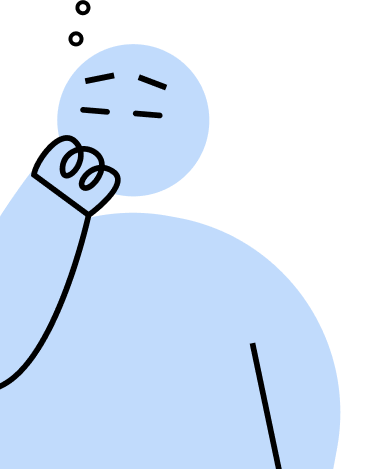500K+ Patients
Treated & supported
App Store Rating

4+
Client Implementation
Satisfaction Score
Satisfaction Score
· 9.8/10
· 9.8/10
Vetted & Trusted
Vetted
& Trusted
100+ Peer-reviewed publications
Delivers evidence-based techniques trusted by experts
Instantly accessible, no waitlists required
FDA-cleared, reimbursable treatments for clinical care
Patients see significant improvement in sleep and insomnia, worry and anxiety, and low mood
71%
Improvement in worry and anxiety²
Digital access, consistent quality, proven results
For employers
Provide employees and their families instant access to evidence-based mental health solutions that deliver cost savings for your organization
Employers
For health plans
Scale access to first-line, FDA-cleared digital mental health treatments that deliver better outcomes for members and tangible cost savings
Health Plans
For health systems & providers
Address patient demand and waitlists with reimbursable, FDA-cleared digital mental health treatments that deliver safe and effective first-line care
Health Systems
FDA-cleared, reimbursable digital treatments for health systems, providers, and plans


First-line CBT-I treatment for patients with insomnia disorder
Learn MoreFirst-line CBT treatment for generalized anxiety disorder (GAD)
Learn MoreEvidence-based workplace mental health solutions for employers
Industry-leading clinical validation.
In other words, it just works
Industry-leading clinical validation. In other words, it just works
Read the Research
Peer-reviewed
publications
Completed randomized
controlled trials
References in clinical guidelines like the American College of Physicians


.avif)
.avif)
.avif)
.avif)






.jpg)
%20(1).avif)
%20(1).png)
%20(1).png)
%20(2).png)
.png)
%20(1).png)
.png)
%20(1).png)
.png)
%20(1).png)
.png)

.png)
.avif)

